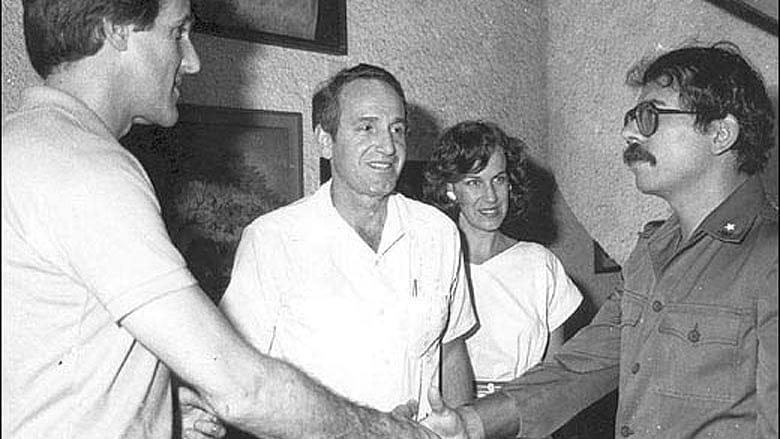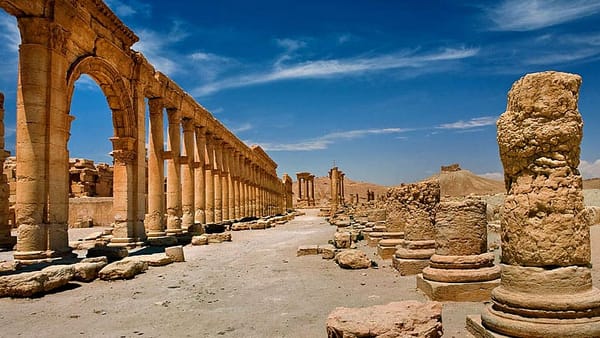Cuba trip part of Mass. delegation’s long relationship with Latin American communists

Overshadowed this week by President Barack Obama's historic visit with Cuban leaders in Havana, another top American government official made some history of his own.
On Monday, Secretary of State John Kerry met in Havana with Latin America's oldest communist guerrilla rebel group, the Revolutionary of Armed Forces of Colombia (FARC) which has waged war on the Colombian government for half a century and which the U.S. government has designated as a foreign terrorist organization and drug cartel.

